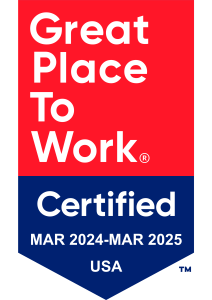Should You Consolidate Your 401(k) Accounts?
Many workers today have switched jobs multiple times over the course of their careers. If that applies to you, you may have several retirement plans from several different companies, and you may be wondering if you should combine them together.
First, let’s talk about your options when you leave a job. You can do one of the following things with your 401(k):
- Roll the assets into an IRA, or convert them to a Roth IRA
- Withdraw the money from your 401(k)
- Move your 401(k) into your new employer’s plan
- Keep your 401(k) with your former job[1]
There are drawbacks to some of these options. Rolling your assets into a Roth IRA will cause the money in your 401(k) to be taxed as income, but when you retire and withdraw these funds they won’t be taxed again.[2]
Withdrawing the money early from your 401(k) is almost always a bad idea because it will cost you 10% of the withdrawal in taxes in addition to any other taxes you may have to pay.[3]
There are a lot of benefits to combining your 401(k) accounts together. Firstly: there will be fewer fees. There are often management fees associated with each account, and if you have multiple accounts, you are likely paying multiple management fees. Combining your accounts can reduce the impact these fees have on your accounts.[4]
Another benefit of combining your accounts together is there are fewer accounts to manage. You won’t have to keep track of multiple accounts; it will all be in one place. Also, if you reach the age where you are required to take RMDs, you will have to take out more money if you have multiple accounts. Having a single account means you will only have to take the money from one place.[5]
The last benefit of combining your accounts is that it will make it easier for your beneficiaries to inherit your account should you pass away. Tracking down multiple accounts and legally converting them to their name can be a lot of work.[6]
However, you are under no obligation to change your retirement accounts to your new employer. You can leave your assets spread across multiple accounts if you wish.
If you are curious about other retirement strategies, reach out to one of our financial professionals for a complimentary review of your finances.



